The R community and some of South Africa's most forward thinking companies have come together to bring satRday back for its fourth edition. This conference provides an opportunity to hear from and network with top Researchers, Data Scientists and Developers from the R community in South Africa and beyond.

Colin helps companies to take full advantage of the power of R by providing training (from beginner to expert), tools (packages, web apps...) and infrastructure. His main areas of expertise are data & software engineering, web applications (frontend and backend) and R in production.
Colin is a hyperactive open source developer and an open data advocate. He is very active in the Data Science community in France where he founded the data-blogging website Data-Bzh.fr, co-founded the Breizh Data Club association and organises the Breizh Data Club Meetups.
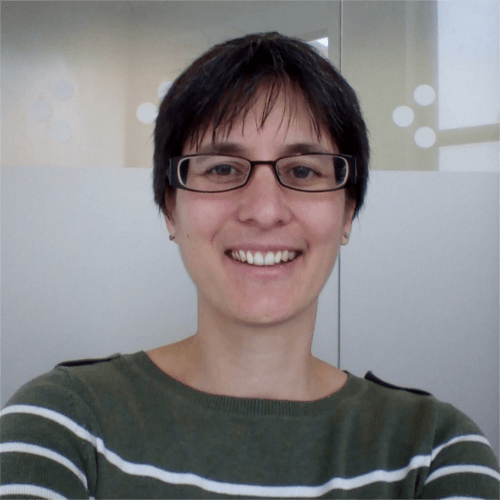
Heather provides support to people in a range of industries, but particularly the life sciences. She has been an R user since 2001 and is co-author of several CRAN packages, notably the statistical modelling packages gnm, BradleyTerry2 and PlackettLuce.
Dr Turner is on the board of the R Foundation and chairs the Forwards taskforce for underrepresented groups in the R community. She is also a co-organizer of R-Ladies Remote.

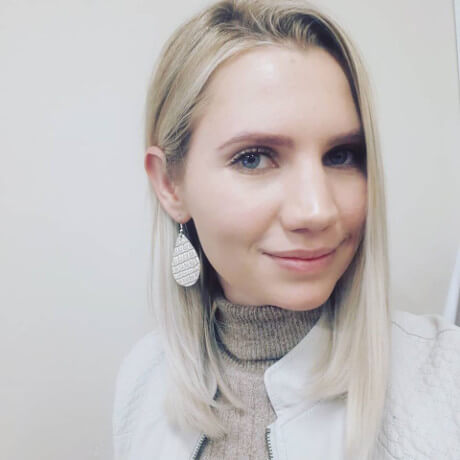
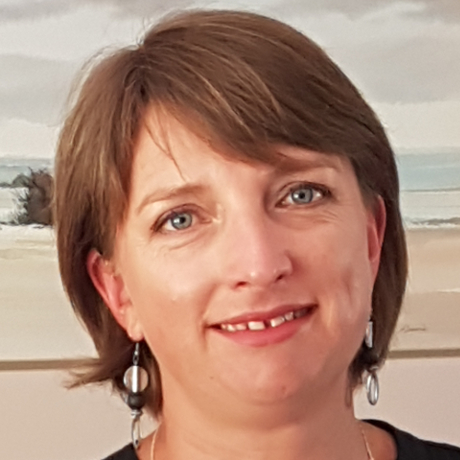


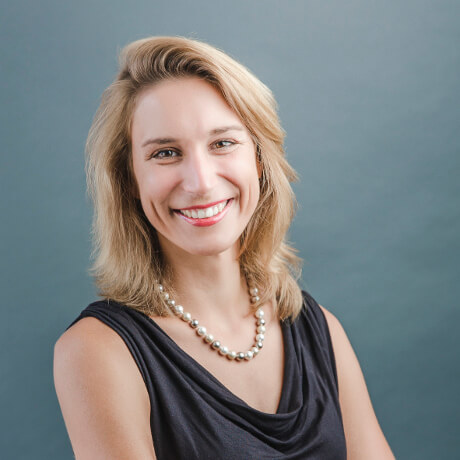
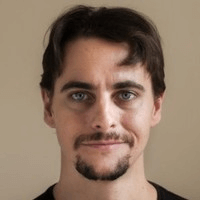
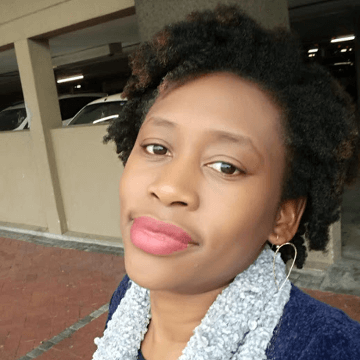
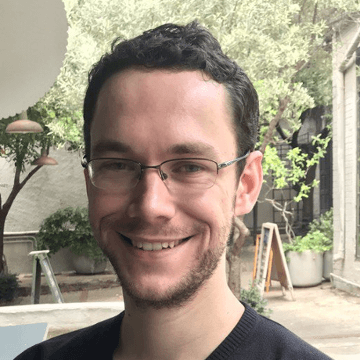
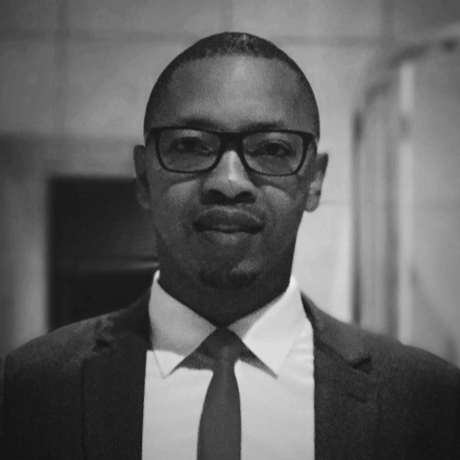
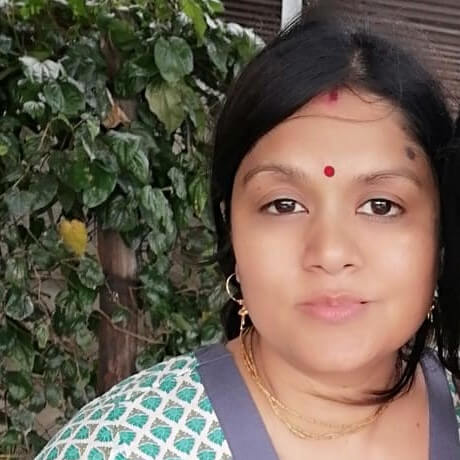

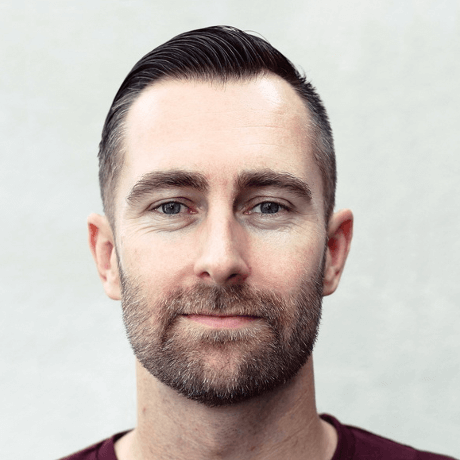
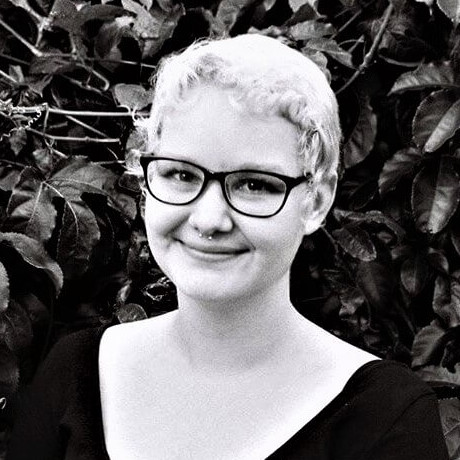
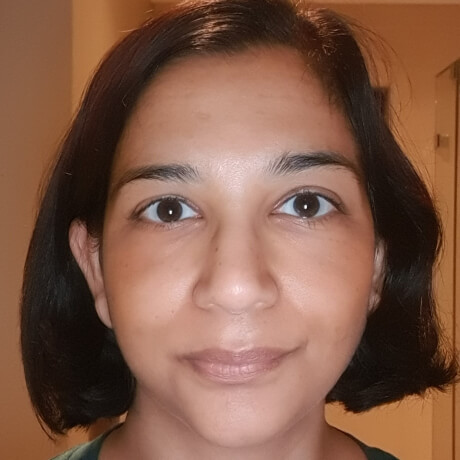
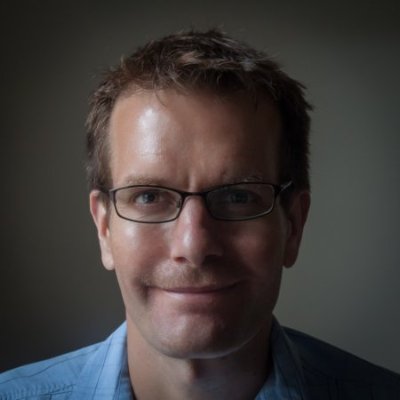
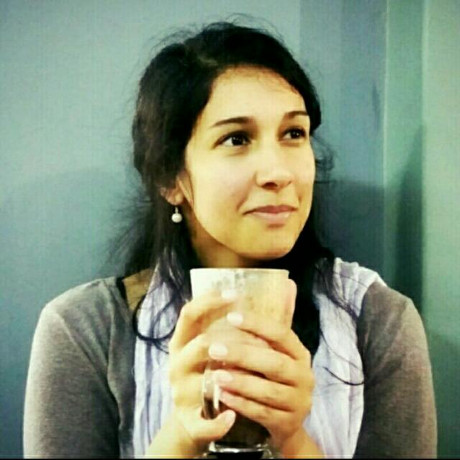
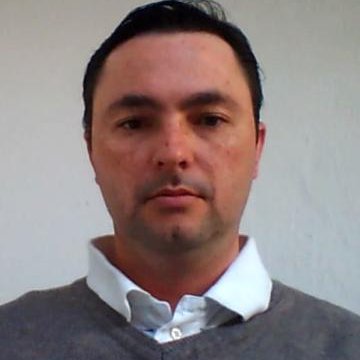
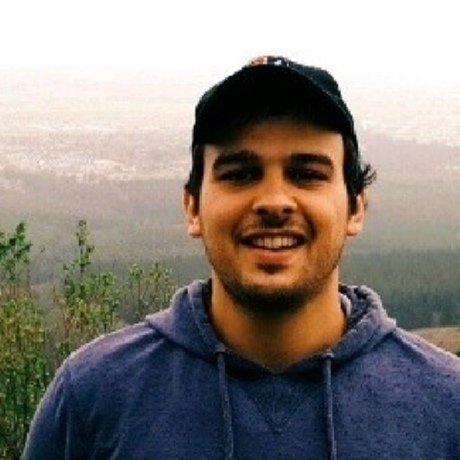
PwC has graciously agreed to host this year's workshops at their offices in Midrand.
satRday will once again be hosted at the prestigious, Discovery Head Office, in Sandton. Situated in the hub of Johannesburg the venue boasts a 5-star Green Star SA rating by the GBCSA.

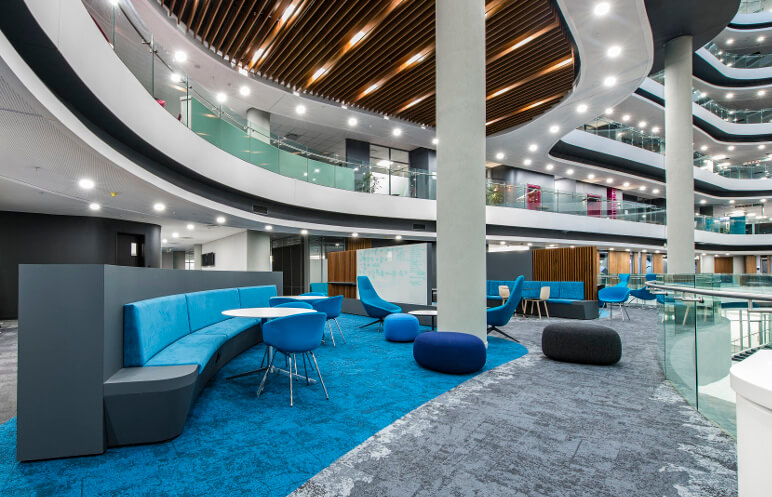
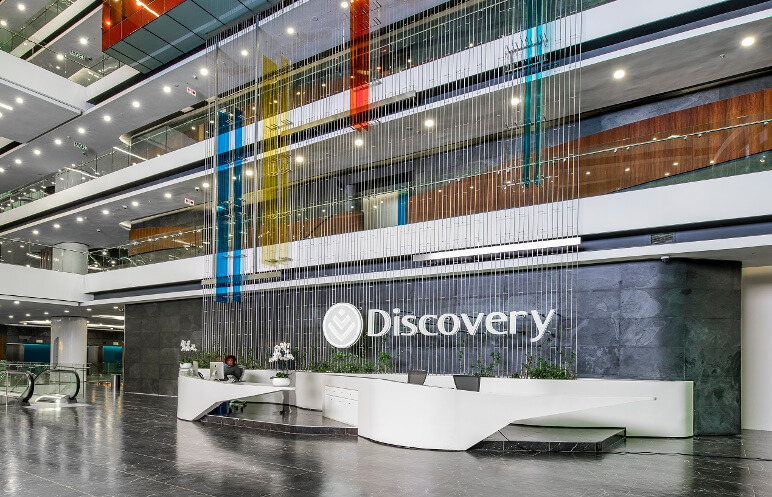

satRday Johannesburg will kick off, at PwC, on the 6th of March 2020 with a day of workshops. Note that these will be full-day workshops and take place in parallel, so you have to choose between them - good luck!
(*) Workshops available to training pass holders only.Curious about package development but not sure where to start? This workshop is for you! The goal is to empower you to contribute back to the R ecosystem through writing your own packages or contributing to others. We’ll be using materials developed by Hadley Wickham, Jenny Bryan, and others on the Forwards teaching team.
By the end of this workshop, you should know how to:
Prerequisites: Participants should know how to write functions in R. Knowledge of R markdown will be beneficial.
Computing requirements: Attendees are encouraged to set up the required tools on their laptops as described here. Alternatively, an RStudio cloud with the required tools will be accessible for the duration of the workshop.
Participants may bring their own code that they want to make into a package, or work with the example provided.
Shiny is an amazing tool when it comes to creating web applications with R. Building a proof-of-concept application is easy, but things change when the application becomes larger and more complex, especially when it comes to sending that app to production. Until recently, there hasn't been any real framework for building and deploying production-grade Shiny apps. This is where {golem} comes into play: offering Shiny developers an opinionated framework for creating production-ready Shiny applications.
With {golem}, Shiny developers now have a toolkit for making a stable, easy-to-maintain, and robust for production web application with R. {golem} has been developed to abstract away the most common engineering tasks (for example, module creation, the addition of external CSS or JavaScript file, ...), so you can focus on what matters: building the application. Once your application is ready to be deployed, {golem} guides you through testing and brings you the tool for deploying to common platforms.
In this workshop, attendees will be introduced to the {golem} package, then guided through the full development of a shiny app, from start to deployment!
Prerequisites: Attendees are expected to be already familiar with Shiny. Knowledge about package development would be advantageous.
Often the data you need is already available on a website. It might all be on one page (if you're lucky!) or distributed across many pages (possibly hundreds or thousands of pages!).
But you want those data consolidated locally. Not on a server in some distant land, but right there on your hardware. And in a convenient format. CSV or JSON, perhaps? Certainly not HTML!
What would Ragnar do? He'd go out, grab those data and bring them home.
The contemporary Internet Viking uses web scraping techniques to systematically extract information from web pages. This workshop will demonstrate the process of web scraping. Here’s the battle plan:
The first two topics will be fairly brief, covering this material at a high level. We'll dig much deeper into the latter topics. By the end of the workshop you will be able to easily (and confidently) scrape large swathes of the internet. We’re considerate Vikings, so you’ll also learn how to do this ethically and mindfully. :)
This tutorial will be suitable for Vikings with low to moderate levels of R experience. We'll use RStudio Cloud to ensure that everybody has the same infrastructure and (hopefully) avoid most technical issues.
This hands-on, two-day workshop is ideal for anyone relatively new to R who is looking to expand their knowledge in a friendly and welcoming environment. The aim of this workshop is to empower you with the right skills (and confidence) in order for you to tackle your Real world problems.
Ready for the best part? No prior knowledge or computational experience in R required to rock this workshop! We will cover everything from installation to advanced visualisations using ggplot2!
A workshop pass gives you access to one of the workshops. These full-day workshops will be run in parallel on the 6th March 2020 at PwC.
| Workshop Pass
(Early Bird R 1000.00) |
|
|---|---|
| 1 Day Workshop | |
| Lunch | |
| Networking breaks with refreshments provided |
The Conference Pass gives you access to South Africa's fourth satRday. Join us on the 7th March 2020 at, Discovery Head Office, to meet with and hear from both local and international R enthusiasts!
| Conference Pass
(Early Bird R 200.00) |
|
|---|---|
| All Conference Talks | |
| Lunch | |
| Networking breaks with refreshments provided |
| When: March 5, 17:30 - 19:30 | Where: Rain |
|---|
Heather Turner will be taking us through: Publishing and Promoting your R Package, and Colin Fay will be talking to us about contributing to the R ecosystem.
This event, although primarily aimed at women, welcomes all who are interested as it will provide a great opportunity for all current and prospective R users to meet and chat with like-minded people.
If you are interested in attending similar events in the future please get in contact with us via our page or our .
| Start | End | Friday 6 March 2020 |
|---|---|---|
| 8:30 | 9:00 | Registration |
| 9:00 | 10:30 | First Session |
| 10:30 | 11:00 |
Tea / Coffee
|
| 11:00 | 12:30 |
Second Session
|
| 12:30 | 13:30 |
Lunch
|
| 13:30 | 15:00 | Third Session |
| 15:00 | 15:30 |
Tea / Coffee
|
| 15:30 | 17:00 |
Fourth Session
|
Standard talks are 20 minutes and lightning () talks are a mere 5 minutes.
Click on the title for any talk to view the details.
Working up to the conference on 7 March 2020, these are the most important dates on your calendar:
| Event | Date | ||
|---|---|---|---|
| Early Bird Registration Deadline | 2020-01-31  |
||
| Talk Submission Deadline | 2020-02-13  |
||
| Official Notification of Submission Acceptance | 2020-02-21 | ||
| Registration Deadline | 2020-02-29  |
||
| Introduction to R | 2020-03-04/05  |
||
| R-Ladies: Hanging out with satRday Keynotes | 2020-03-05 | ||
| Building Successful Shiny Apps with {golem} | 2020-03-06  |
||
| Web Scraping with R | 2020-03-06  |
||
| R Package Development | 2020-03-06  |
||
| Conference | 2020-03-07  |
satRday is dedicated to providing a harassment-free and inclusive conference experience for all in attendance regardless of, but not limited to, gender, gender expression, sexual orientation, employment, disabilities, physical attributes, age, ethnicity, social standing, religion or political affiliation.
Any form of harassment of participants involving anyone involved with satRday will not be tolerated. Sexual innuendos and imagery are not appropriate for any conference venue, including presentations.
Anyone violating these rules may be given a warning or expelled from the conference (without a refund) at the discretion of the conference organisers.
Our full code of conduct/anti-harassment policy can be found here.
Becoming a sponsor is a great opportunity to show your commitment to the continued growth and diversification of the local R community while raising brand awareness, headhunting potential talent for your organization and helping us make the conference a lasting success.
One of the key objectives of satRday is to make the conference accessible to all, including students, by keeping ticket prices low. At the same time we also want to provide attendees with a brilliant conference experience. This means we rely heavily on sponsorship.
If you'd like to come on board as a sponsor please email us and we'll gladly send you our Sponsorship Prospectus, which lays out the various options in terms of costs and benefits.